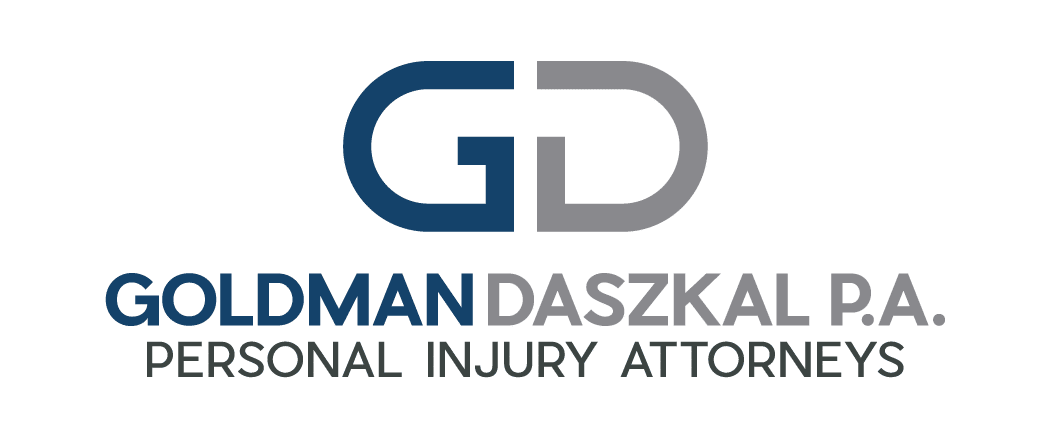Public transportation offers Florida residents added convenience and cost savings. But because buses and metro systems still rely on drivers and operators, things can still go wrong—and accidents can still happen. If you’ve been injured in a public transportation accident, contact a Florida public transportation accident attorney immediately.
Florida is a no-fault state for car accidents. This means that all parties with injuries have to make a claim against their own insurance policy for PIP benefits. However, public transportation accidents can get complicated, as PIP does not apply if you are injured while riding public transportation and there are usually many parties involved meaning damages can often exceed insurance policy limits. Additionally, most public transportation is operated by county and local governments which are protected by Florida’s sovereign immunity statute.
Another factor that complicates public transportation accidents is that public transportation drivers have a higher duty of care than standard drivers do. To help you in evaluating the next steps after a public transportation accident, here’s an overview of what you need to know.
Determining Fault in Florida Public Transportation Accidents
Determining fault after a Florida public transportation accident can often be much more complicated than it would be with a standard car accident. Additionally, there can be many injured parties, from those on board the bus or metro to those in the cars that they collide with.
In some cases, there is more than one contributing factor to a public transportation accident. The causes of such an accident can include:
- Driver/operator negligence
- Inadequate training for drivers, operators, or other public transportation personnel
- Poor safety procedures/equipment
- Other drivers on the road that make mistakes
- Hazards on the road
- Defective equipment or parts
- Lack of cooperation or appropriate behavior from passengers
One of the biggest complications in public transportation accidents is that many things can go wrong—on many different levels. Unlike cars, where the driver is responsible for their own vehicle maintenance, public transportation has separate teams in charge of maintenance and safety procedures. However, these teams are all supervised under the direction of local, county or state government.
If it is determined that any driver operation, maintenance or other facet of public transportation contributed to the accident, the government entity responsible can be held liable. There are certain limitations, and specific requirements to make such a claim, so make sure that you contact a knowledgeable Florida Public Transportation accident attorney soon to discuss your case.
Florida’s Common Carrier Law
If things weren’t complicated enough with Florida’s no-fault and comparative fault laws in determining damages after a public transportation accident, Florida also has what’s called a Common Carrier Law.
Under the Common Carrier Law, public transportation drivers are held to a higher standard than regular licensed drivers when it comes to level of care. For example, buses and commercial vehicles often must follow lower speed limits in certain hazardous areas to protect their passengers and other motorists.
Additionally, the Common Carrier Law outlines that these drivers should never be distracted, even by conversations with their passengers. Furthermore, the law also outlines how many hours per day a driver can remain behind the wheel of public transportation or a commercial vehicle.
Accidents that happen as a result of violations of these special rules for buses and commercial vehicles can have more severe consequences as the operators are in charge of the safety and well being of several passengers at one time. Additionally, they are operating a much larger, heavier machine capable of causing extensive damage to property and body.
What Is PIP and Does It Apply?
As you work through healing from your injuries after a public transportation accident, you might hear the term PIP often. PIP refers to Personal Injury Protection and is a part of your auto insurance policy if you own a vehicle.
If you were a passenger on public transportation at the time of the accident, PIP does not apply. However, if you were in another vehicle or were injured while riding on a school bus, your PIP coverage will apply.
When to Hire a Florida Accident Attorney
A Florida accident attorney can guide you through the state’s many laws and help you determine the best next steps after an accident. Accidents in Florida are certainly not easy to navigate and can be extremely stressful for victims. Allow an attorney to help you navigate Florida’s legal system and get you on the road to recovering compensation.
Goldman & Daszkal has a team of experienced car and public transportation accident lawyers ready to help you, no matter your car accident circumstances. Whether public transportation is involved or not, we can guide you through the legal process. Contact us today to learn more.
